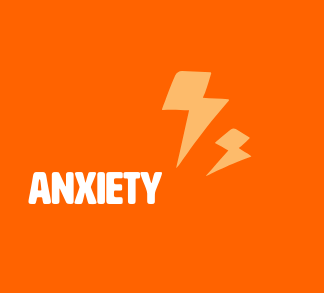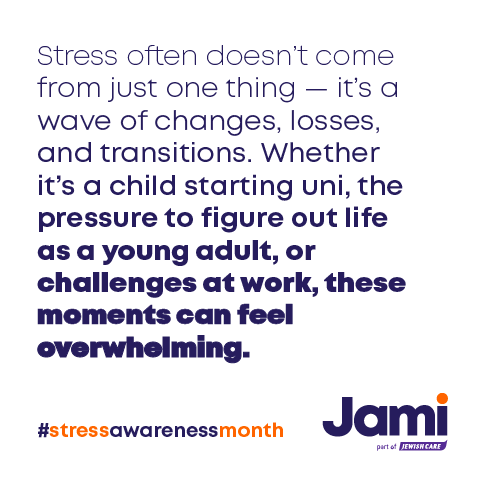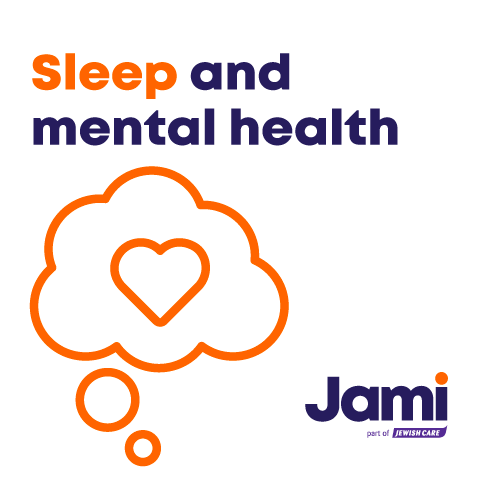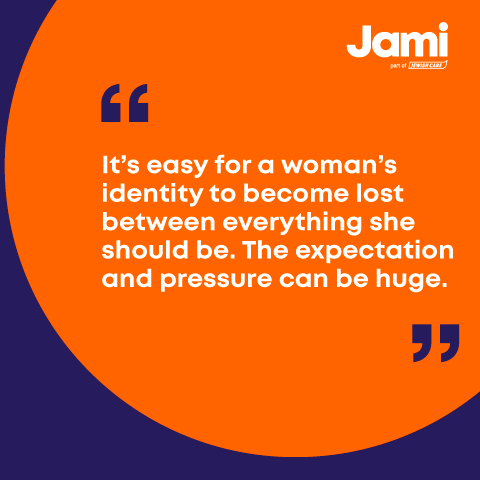
This is such an unprecedent and terrible time for us all. Many of us feel fear, anger, and especially helplessness both with the situation in Israel and with antisemitism at home. Each of us will have our coping mechanisms, which most of the time are sufficient. This, however, is not one of those ordinary times. We are faced with such uncertainty that many of us are understandably anxious and fearful. It is absolutely OK, not to feel OK.
CST, in partnership with Jami, the Board of Deputies of British Jews, the Jewish Leadership Council and PaJes, have put together some top tips, which we hope will help you.
1. KEEP A ROUTINE AND STRUCTURE FOR YOUR DAY
• Try and get up at the same time and go to bed at your usual time.
• Don’t take a day-time nap if you don’t normally.
2. REDUCE YOUR EXPOSURE TO SOCIAL MEDIA
• We often have a need to monitor every bit of social media to feel in control.
• You are not addicted to social media, but repeated exposure will simply make you more anxious and distressed.
• Limit what you watch. Perhaps just watch one news programme at the same time daily. For example, BBC News at Ten.
• Try to avoid graphic images. Ask friends not to share them. These images can stay with you for a long time, so try to avoid them.
3. MAINTAIN A HEALTHY DIET
• Some people eat less when anxious; others eat more. If you find that your anxiety has reduced your appetite, encourage yourself to eat little and often.
• Keep your caffeine intake low. Try not to drink more tea/coffee than usual.
• Try not to drink more alcohol.
4. EXERCISE
• Walking, going to the gym, and/or having a swim are all good for you. Keep going and continue to exercise.
• If you are staying at home, be creative. Use your environment for your own benefit. You could run up and down your stairs, practise yoga from YouTube videos, or join Zoom sessions.
• If you prioritise keeping fit, you will minimise the physical symptoms.
5. RELAXATION: BREATHING, MEDITATION AND MINDFULNESS
• Progressive muscular relaxation: this is about tensing and releasing groups of muscles. Starting at the top of your body (eyes, then teeth, then neck, etc) at the bottom (toes, then feet, then calves, etc), tense each muscle group for 10 seconds (or for as long or as short as you wish) and then relax them. The important part is to notice the difference between tension and relaxation. Do this systematically: you can do tense and release both sides of your body at the same time, or you can start on one side of your body and then progress to the other. Find what suits you best. You can do this exercise either sitting or lying down.
• Diaphragmatic breathing: put one hand on your diaphragm and another on your chest. Imagine you have a coloured balloon inside you. Visualise the balloon. Breathe in through your nose and inflate it. Hold it for a few seconds, and then deflate it by breathing out through your mouth. Make the exhale/out breath a second or two longer than the inhale. (You decide how long the inbreath and out breaths are.)
• Your diaphragm will move out away from your rib cage as you blow up the ‘balloon’. If, however, your top hand on your chest goes up as you breathe in, this is shallow breathing. Don’t worry! Just stop and start again. It sometimes requires practice. You can do this exercise sitting or standing up.
• If you are very anxious, take an in-breath through your nose, followed straight away by a second in-breath. (The second breath will obviously be much shorter.) And then blow out through your mouth for as long as you can. This works very fast.
• The daily practices of meditation or Mindfulness can be very helpful if you suffer with anxiety.
• Download the free apps: CALM or HEADSPACE 6.
6. PRAYER
• The value of prayer is enormous for some. You can pray whenever you want.
• You may find comfort from setting up a Tehillim group.
7. CONNECTION
• When feeling anxious, we often want to withdraw. Isolation, for some, can make you feel more fragile. Try keeping in touch with people.
• Meet people for a coffee. As individuals, we need a community.
8. GIVING BACK
• Volunteering can be psychologically highly beneficial for both you and others.
9. THINKING/CATASTROPHISING
• Thoughts = feelings = behaviours
• Believing your fears and your “what if?” thoughts can be frightening. Be aware of what is real and what is just your fear. Try and follow the reality.
• Try and identify three things each day which you enjoy or are grateful for and think about those as a distraction.
10. SLEEP HYGIENE
• Turn off all electronics at least one hour before you want to sleep.
• Do some simple stretches before you get into bed in order to relax your body. Once in bed, you could also do the Progressive Muscle Relaxation.
• Write down your worries on a pad so that you don’t have to dwell on them during the night. Keep the pad by your bedside. If you have a thought during the night, write it down and leave it till the morning.
• Think about a favourite activity and imagine yourself doing it, eg DIY, painting, gardening, playing a sport, cooking. Use all your senses in this exercise to make it a very rich visualisation and help you
drop off.
Finally, if you feel you need medical support, do not hesitate to contact your GP.
(Written by Dr Nikki Scheiner and Dr Amanda Lurie)


